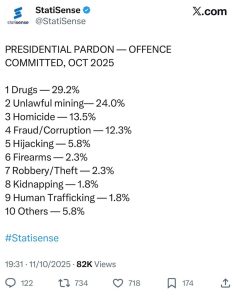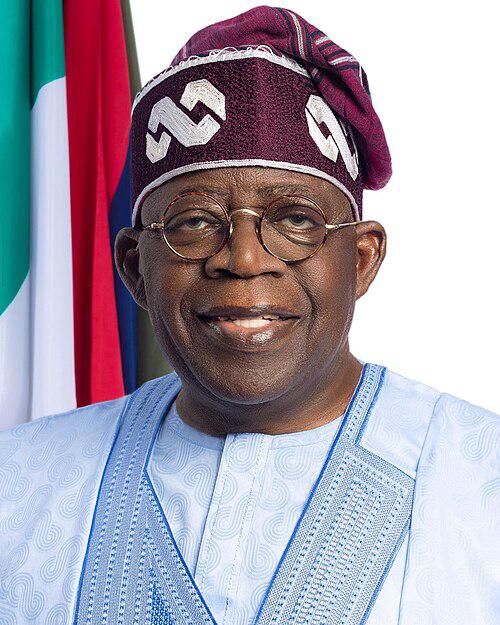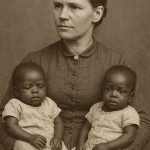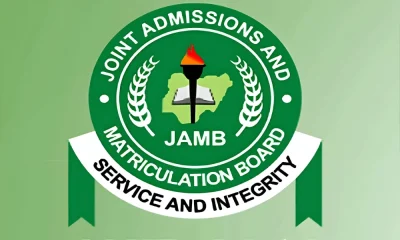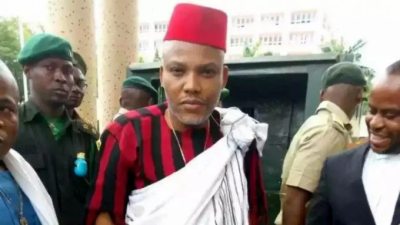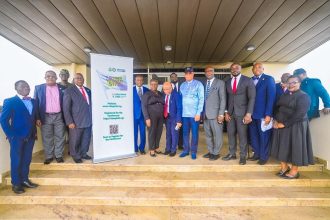In a landmark exercise of presidential clemency, President Bola Ahmed Tinubu has approved a series of pardons and sentence commutations, extending posthumous forgiveness to notable historical figures including Nigerian nationalist Herbert Macaulay and the late Major General Mamman Jiya Vatsa.
The announcement followed the endorsement of the National Council of State, which met in Abuja on Thursday to consider recommendations from the Presidential Advisory Committee on the Prerogative of Mercy (PACPM).
The committee, chaired by the Attorney-General of the Federation and Minister of Justice, Prince Lateef Fagbemi (SAN), comprises 12 distinguished members, including Chief Akinlolu Olujinmi (CON), Prof. Alkasum Abba, Prof. (Mrs.) Nike Y. Sidikat Ijaiya, Justice Augustine B. Utsaha, and Secretary Dr. Onwusoro Maduka.
Historic Posthumous Pardons

Herbert Macaulay, widely regarded as the father of Nigerian nationalism and co-founder of the National Council of Nigeria and the Cameroons (NCNC), was among those granted a posthumous pardon.
Macaulay had been unjustly convicted by British colonial authorities in 1913 and subsequently barred from public office.
Though he died in 1946, his conviction remained a historical blemish until President Tinubu’s decision officially cleared his record.
Similarly, Major General Mamman Jiya Vatsa, executed in 1986 on charges of treason, was posthumously pardoned.
A renowned soldier, poet, and intellectual, Vatsa’s death remains one of the most controversial episodes in Nigeria’s military history.

His family and supporters have long maintained his innocence, calling for official rehabilitation of his name.
Pardons and Clemency for Other Citizens
In addition to the historic posthumous pardons, President Tinubu extended mercy to several living individuals, including former House of Representatives member Farouk Lawan, Mrs. Anastasia Daniel Nwaobia, Barrister Hussaini Umar, and Ayinla Saadu Alanamu, all of whom had served various sentences and were deemed to have demonstrated genuine remorse and rehabilitation.
Others pardoned include Nweke Francis Chibueze, serving a life sentence for drug-related offences, and Dr. Nwogu Peters, who had completed 12 of his 17-year term for fraud.
The President also granted formal pardons to the Ogoni Nine — Ken Saro-Wiwa, Saturday Dobee, Nordu Eawo, Daniel Gbooko, Paul Levera, Felix Nuate, Baribor Bera, Barinem Kiobel, and John Kpuine, whose 1995 execution sparked global outrage and remains a defining event in Nigeria’s human rights history.
President Tinubu further awarded national honours posthumously to the Ogoni Four, Chief Albert Badey, Chief Edward Kobani, Chief Samuel Orage, and Theophilus Orage, for their contributions to peace and justice.
Clemency for Inmates Across Nigeria
In a broader gesture of mercy, President Tinubu approved clemency for 82 inmates, reduced the prison terms of 65 others, and commuted seven death sentences to life imprisonment.
These actions, officials said, reflect the administration’s commitment to justice tempered with compassion, rehabilitation, and respect for human rights.
The PACPM reviewed 294 cases drawn from correctional facilities across the country. Out of these, 175 inmates were interviewed, 160 male and 15 female.
The committee’s recommendations were guided by factors such as old age (60 years and above), terminal illness, youth (16 years and below), good conduct, long service of sentence, and evidence of vocational or moral rehabilitation.
A Commitment to Justice and Humanity
The Presidential Advisory Committee on the Prerogative of Mercy was inaugurated by the Secretary to the Government of the Federation, Senator George Akume, on January 15, 2025, as part of President Tinubu’s broader reforms to promote justice, equity, and rehabilitation in Nigeria’s correctional system.
The move has been hailed by legal and human rights communities as a bold step toward national healing, reconciliation, and historical redress.
Bayo Onanuga,
Special Adviser to the President (Information & Strategy)
Read more
